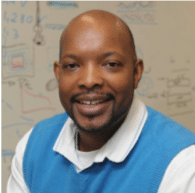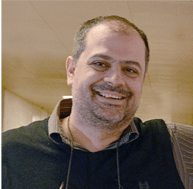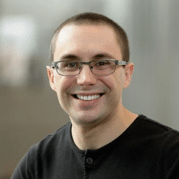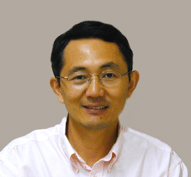IlluminationSpace Community Hours
Curious about the Advanced Science Research Center? Learn more about our five research initiatives at the ASRC IlluminationSpace. At the ASRC IlluminationSpace, located at the Advanced Science Research Center of The Graduate Center of The City University of New York, students explore five exciting and interconnected areas of science — nanoscience, photonics, structural biology, neuroscience, and environmental




